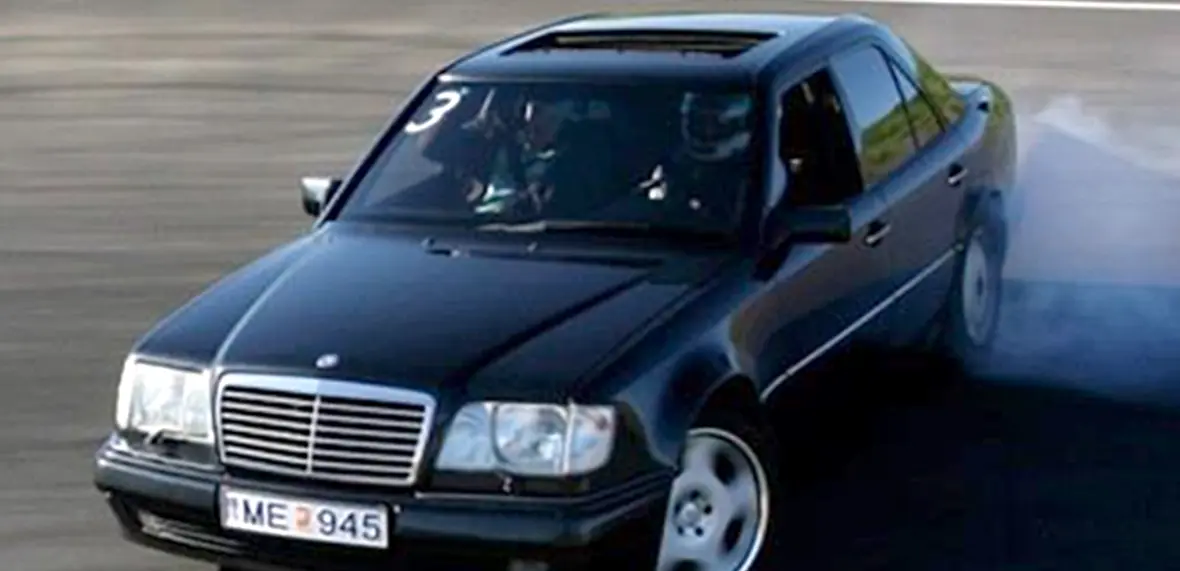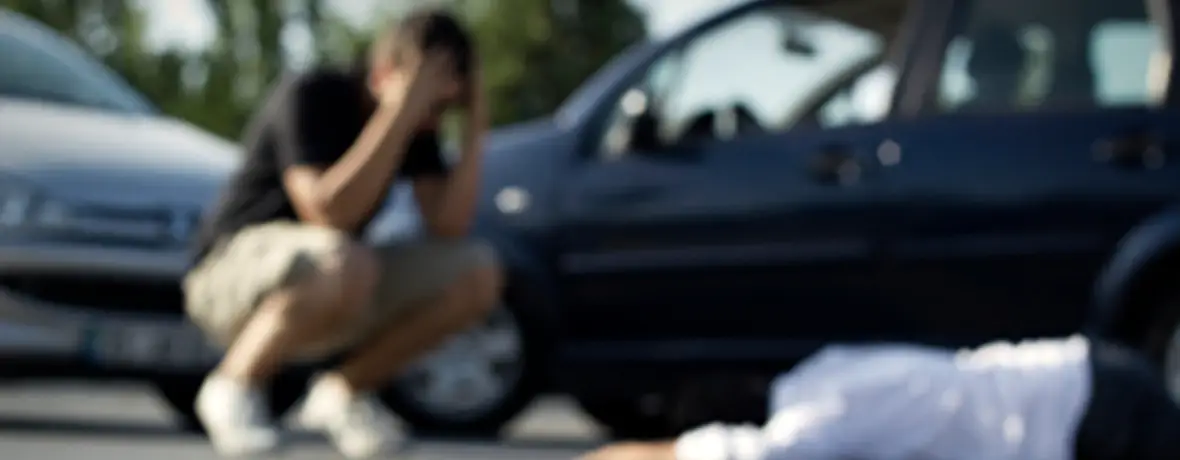FVC and its Critical Relevance to Breathalyzer Test Defence for the Criminal Lawyer
An American criminal lawyer recently enquired about a female asthmatic client he had who was deemed by an arresting officer to have refused to provide a proper breath sample into a “breathalyzer”. The legal consequences of such an act for a breathalyzer test are significant and even more serious in Canada. In Canada, if someone does not provide a suitable breath sample into the roadside screening device and/or two suitable breath samples into the evidential breath testing instrument, they can face a criminal charge, and if convicted, obtain the same penalties as if they had blew over 0.08 g/100mL.
Since this issue is so serious, I have included a separate section on “Ability to Provide Breath Sample” in Wigmore on Alcohol consisting of twelve studies. Understanding the mechanics behind a breathalyzer test is paramount for any effective criminal defence.
Legitimate Defences for a Failed Breathalyzer Test
In order to provide a proper breath sample into a breath testing instrument, a forced vital capacity (FVC) of approximately 2.5 litres is required (WOA30301-3). FVC is the volume of breath that can be exhaled after a maximum inhalation and is an indication of lung size and health. This fundamental physiological requirement is the cornerstone of many defences against an alleged breathalyzer test refusal. In addition to the deliberate and conscious refusal of breath testing, criminal lawyers should be aware that the following factors could cause a person not to deliver a proper breath sample, creating a valid legal argument:
Height, Age and Gender
Lung size or FVC varies according to the height, age and gender of the subject. A young tall man (age 20 years, height 6’2”) has a predicted FVC of approximately 6.2 litres and should, generally, have no problem providing a breath sample into a breath testing instrument. Whereas a 60 year old woman 5’0” in height, has a predicted FVC of approximately 2.5 litres and, thus, could have genuine difficulty providing a suitable breath sample for a breathalyzer test. This isn’t a matter of non-cooperation but a simple biological limitation.
Lung Disease
Poor instructions
Poor instructions by the police may contribute to a person being unable to provide a breath sample (WOA30305). Police Officers should encourage the subject to “blow longer and keep blowing, keep blowing, keep blowing” as opposed to directing the subject to “blow harder”. For most individuals, blowing harder often results in the lungs being emptied too soon, causing a failure to complete the breathalyzer test. I have been involved in cases where the police officer actually conducted a breath test themselves in order to demonstrate to the subject how to blow properly. (Yes all the police breath test results were zero!)
Defective Mouthpiece
If the mouthpiece has a hole in it or a piece of plastic is stuck in it from the manufacturing process or during the removal of the mouthpiece from the plastic bag, airflow may be blocked. A criminal lawyer will want to ensure that the mouthpiece is examined closely in cases of a refusal. A faulty device is a common and often overlooked reason for a failed breathalyzer test, shifting blame from the driver to the equipment.
Lip Sealing
A proper breath sample may not be provided if a person has trouble forming a proper lip seal as a result of local dental anesthesia (WOA30310) or a medical condition like Bell’s Palsy which reduces feeling and control in the lips. This physical inability to create an airtight seal can invalidate the entire breathalyzer test process.
Slipping Upper Dentures
Upper dentures which are slipping can decrease the ability to provide a proper breath sample and present another legitimate reason for a breath sample refusal. The instability of dental hardware prevents the necessary seal and pressure from being maintained for the duration of the breathalyzer test. To learn more about the effect of upper dentures on breath sampling, please click on this paper on Slipping Dentures.
Summary
Not all refusals are the result of the deliberate and conscious refusal of breath testing. An alleged failure of a breathalyzer test can stem from a myriad of physical and technical issues. Anyone involved in a refusal case should immediately contact a skilled DUI, DWI or criminal lawyer for consultation to explore these crucial defences. The outcome of your case depends on a lawyer’s deep understanding of these complexities.
*All the references cited may be found in WOA 2E in the appropriate section according to the number.”
Breathalyzer Test FAQs
What is a breathalyzer test?
A breathalyzer test is a roadside screening device used by police to measure a person's blood alcohol concentration (BAC) from a breath sample.
What are the penalties for failing a breathalyzer test in Canada?
The penalties are severe and equivalent to driving over 0.08 BAC, including criminal charges, fines, and licence suspension.
What is Forced Vital Capacity (FVC)?
FVC is the total volume of breath a person can exhale after a maximum inhalation, indicating lung size and health.
How much lung capacity is needed for a breathalyzer test?
Approximately 2.5 litres of Forced Vital Capacity (FVC) is required to provide a suitable sample.
Can a medical condition affect a breathalyzer test?
Yes, lung diseases like asthma or COPD can significantly lower FVC, making it physically difficult or impossible to provide a sample.
Can poor police instructions cause a test failure?
Yes, instructions to "blow harder" instead of "blow longer" can cause a person to empty their lungs too soon, resulting in a failure.
Can dentures affect a breathalyzer test?
Yes, slipping upper dentures can prevent a proper seal, decreasing the ability to provide a suitable breath sample.
What should a lawyer check in a refusal case?
A lawyer should examine the mouthpiece for defects and consider factors like client health, age, and police instructions.
Is every failure to provide a sample a conscious refusal?
No, many failures are due to physical limitations, medical conditions, or technical issues, not deliberate refusal.
Who should I contact if I'm charged with refusing a breathalyzer test?
You should immediately contact a skilled DUI or criminal lawyer to discuss legitimate defences.
Recent News

You Can’t Have the Keys to the Mercedes: Understan...
Alcohol impairment is a critical area of forensic research, particularly when it comes to driving...
Read More
FVC and its Critical Relevance to Breathalyzer Tes...
An American criminal lawyer recently enquired about a female asthmatic client he had who was...
Read More
The Fatal Intersection of the Drunk Driver and Alc...
Following on from my previous post, an alcohol intoxicated pedestrian not only faces an increased...
Read More
Are Marijuana Smokers Safer Drivers than Drinkers?...
This is the first blog in the new area of drugs that I will be...
Read More